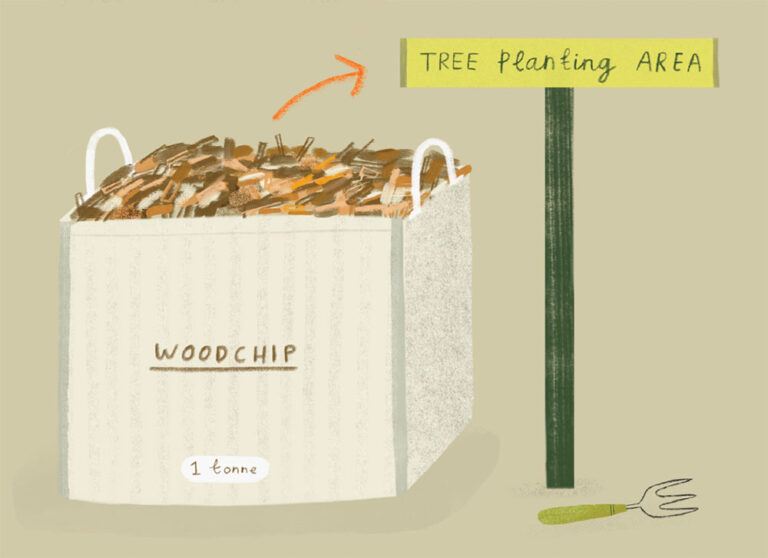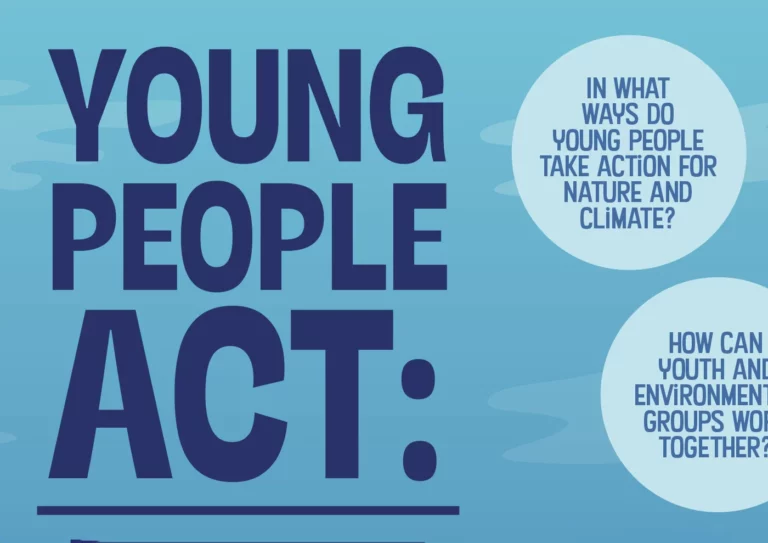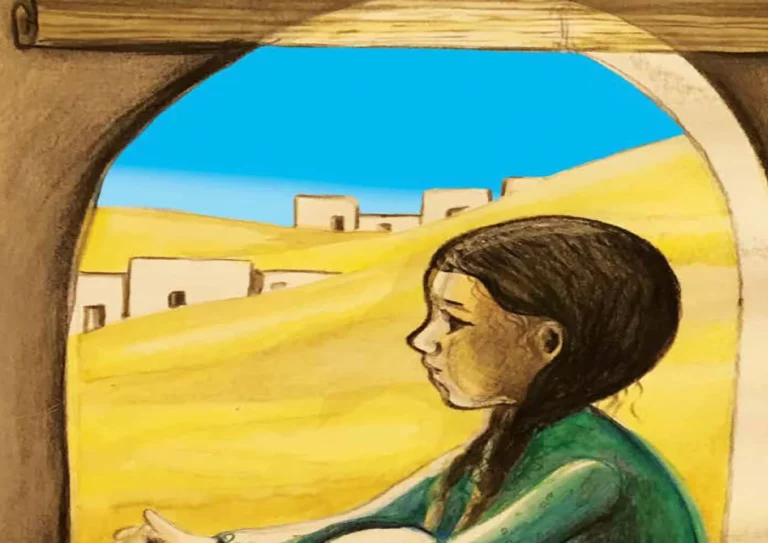TREESCAPES
Resource

Engaging global youth* in nature-based activities
Ten tips from the Tree of Hope Youth Research Group
1. Work together to build confidence and trust
Collaborate with organisations with existing relationships with global youth, such as migration and youth programmes. This can support people to engage in nature-based activities and foster confidence and trust for ongoing participation.
2. Offer different kinds of activities and opportunities
Global youth benefit from being offered multiple pathways to participation. This can include fun activities, volunteering, and training and employment opportunities. Offering a range of activities – and supporting people to access them – will not only benefit global youth but also wider communities, sectors, and environments
3. Find out what people need
Many global youth have limited financial resources and may need additional support to participate in nature-based activities. Consider providing transport, food, and necessary clothing and equipment. Global youth may also require additional or more carefully communicated information.
4. Language is not a barrier
Working across languages should be seen as an opportunity. For global youth with limited English literacy, communication through shared ‘doing’ of activities (e.g. walking, planting) can foster connections and understanding. Working multilingually can also support two-way learning for global youth and the teams they work with.
5. Understand that people have complex lives
Global youth have a lot going on in their lives. For some, this can include a lack of control over aspects of their schedules (e.g. Home Office appointments), balancing work and study, and dealing with adverse health and wellbeing associated with forced migration. This can affect attendance at activities, as well as capacity to engage when present. Being flexible in programme delivery helps people stay involved.
6. Be inclusive
Global youth come from diverse ethnic, cultural, and religious backgrounds and have different needs and preferences. Learning about and incorporating cultural and religious practices into activities can support engagement and foster a sense of belonging.
7. Offer opportunities to learn
Facilitating learning – whether it be scientific, practical, creative, or interpersonal – can build confidence and help with education and employment. It can also inspire interest in and capacity for future careers, contributing to the diversification of the UK environment sector.
8. Make time for fun
In the context of complex lives, hanging out and having fun can help global youth feel at home in nature. Encounters with treescapes that are open, curious, and fun can also create unexpected points of connection, dialogue, and learning.
9. Give people the chance to lead
Facilitating global youth leadership can make activities more relevant and support people to share their knowledge and skills. It can also help to decentre adultist and western-dominated understandings, and create possibilities for sharing stories, knowledge, and questions shaped by different life stages, migration experiences, and cultures.
10. Don’t be afraid to ask
If you’re unsure how to engage global youth – ask them! They can help you to create inclusive programmes and activities.
About the Tree of Hope Youth Research Group
The Tree of Hope Youth Research Group is an action research collective comprising a team of global youth, supported by members of the Voices of the Future – Treescapes research team. The group aims to help the environment, develop skills and knowledge in tree-focused research and practice, share knowledge with other young people, and inform policy and practice.
This advice was produced by the Tree of Hope Youth Research Group, with Caitlin Nunn and David Cường Nguyễn
*A note on terminology: ‘Global youth’ refers to young people with migrant and refugee-backgrounds. It is the preferred collective identification of the Tree of Hope Youth Research Group. It is an explicit rejection of the bureaucratic and stigmatised labels of ‘asylum seeker’ and ‘unaccompanied minor’ that mediate these young people’s rights and reception in the UK.

Thank you to the Voices of the Future research team and project partners for supporting this work. This work was funded through the Future of UK Treescapes programme under grant number NE/V021370/1.


